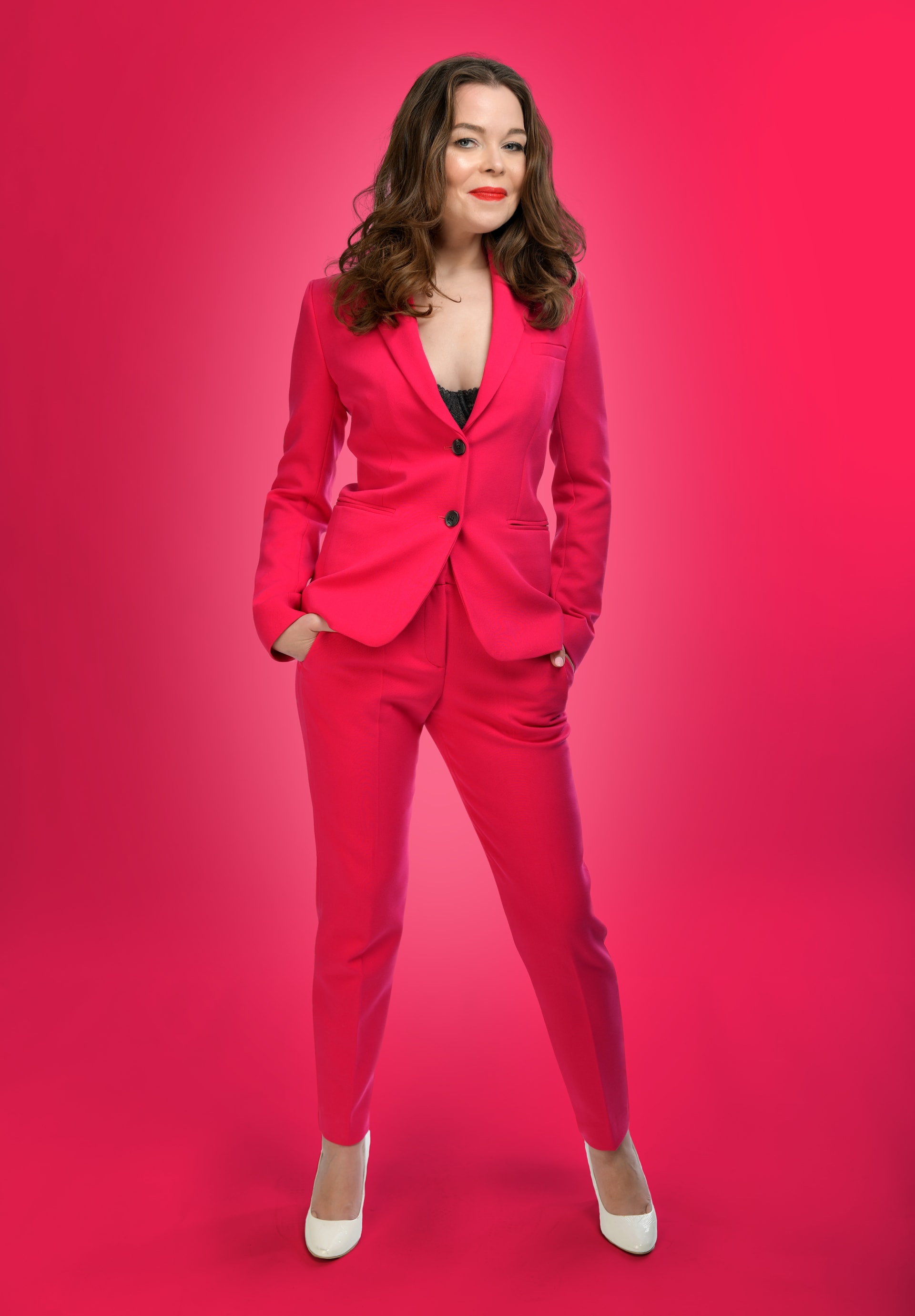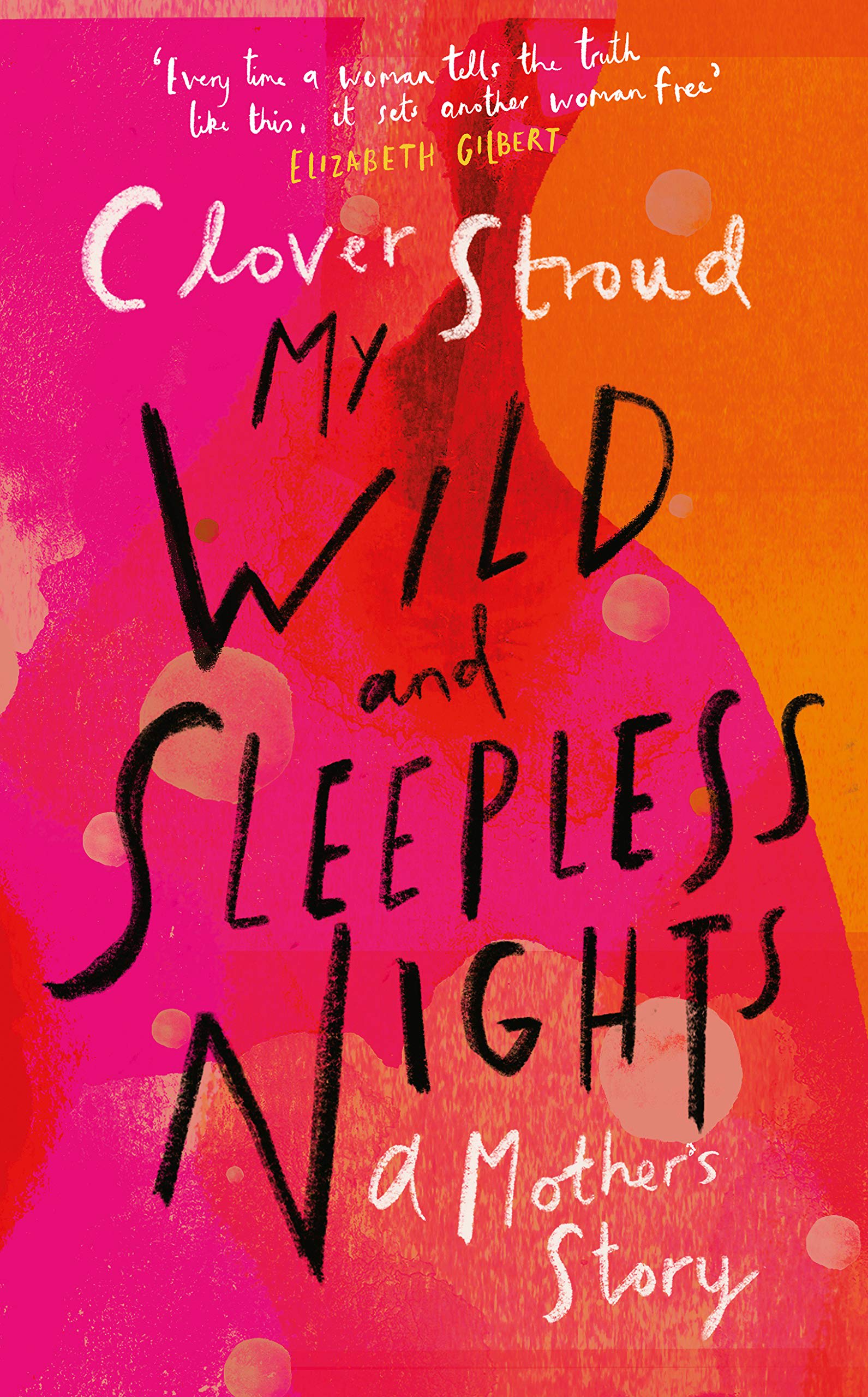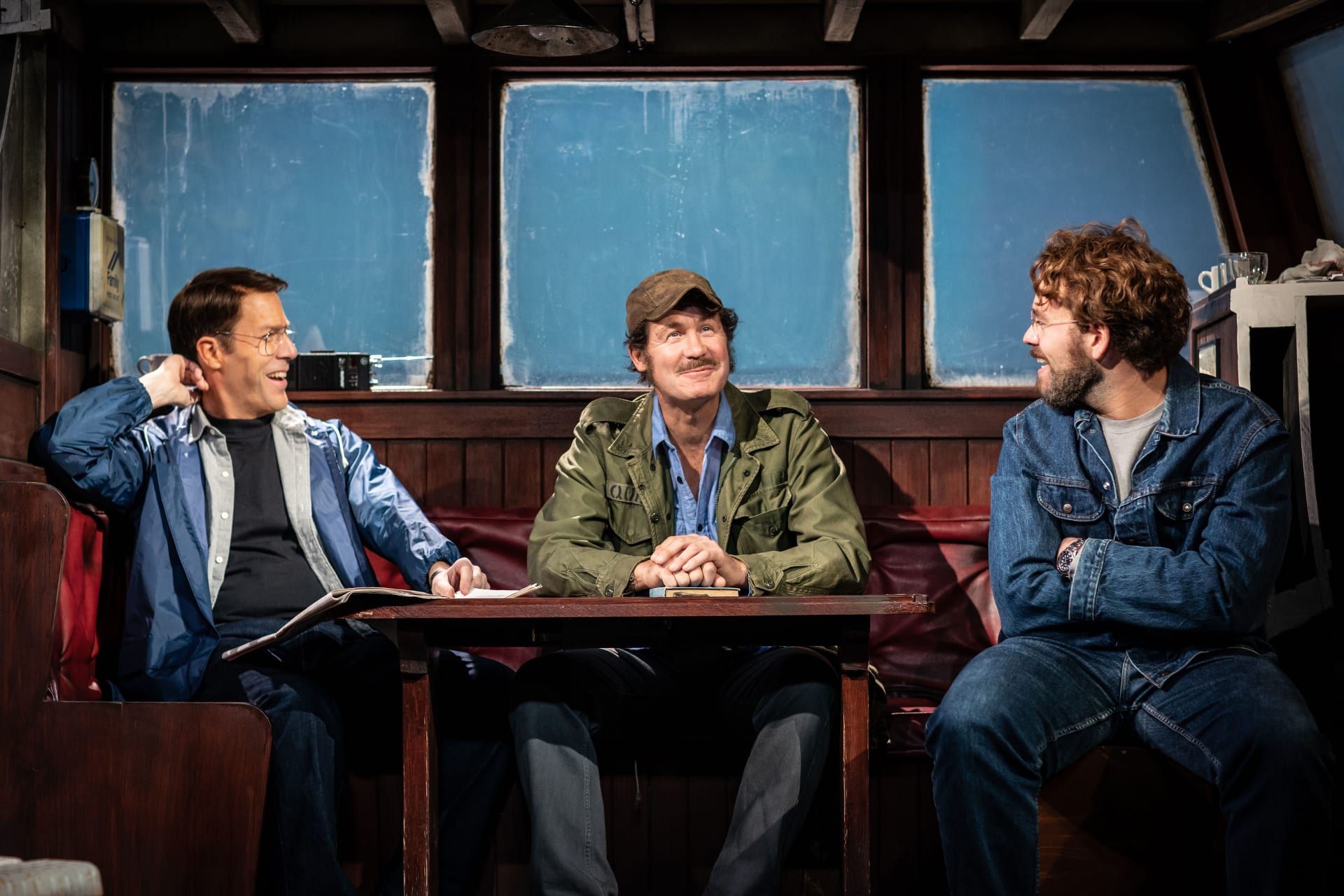I first encountered Juliette Burton about seven years ago, when she brought When I Grow Up to Liverpool John Moores University at the request of one of my drama tutors. “You had a lovely raked seating theatre,” she recalls, then identifying her first solo show – which also toured Australia for three months in 2014 – as something of a coming out “about my mental illness and being sectioned”.
This aspect of her history (not the primary focus of the show) was not disclosed until roughly 40 minutes in. She created the piece “back when mental health attitudes were very, very different. I was scared about what people would think of me.” The idea was to present “this perfectly ‘normal’ person talking about all the things she wanted to be when she was a kid”, before revealing what growing up was actually like for her. It’s challenging for all of us, she says, for varying reasons. She highlighted one reason it difficult for her. “That was part of my story, but everyone has their own.”
Next came the Argus Angel Award-winning Look At Me. Written in 2014, the show about body confidence marked her first sold-out year at Edinburgh Fringe, and had a New Zealand run in 2016. Anorexia is what led to her being sectioned under the mental health act at the age of 17. She spent her 18th birthday in hospital. At 19, compulsive overeating disorder took her from a size 4 to 20 in about three months. Her eating disorders included bulimia, and she lived with them “for many, many, many years. I didn’t enjoy being in my body, I didn’t feel I belonged in my body.” Has she gone from hating it to loving it now? “It’s not quite as simple as that. I love what my body can achieve if I give it the energy it needs to do it, and I love what my body can do in terms of making people laugh and entertaining people. But I wouldn’t say I look in the mirror and feel at home in my body yet. I still wouldn’t say I loved my body.”
Her Look At Me research comprised a naked photoshoot for Cosmopolitan (for which the former journalist has also written). “Un-airbrushed, un-photoshopped, liberating and lovely.” She was made to feel comfortable and confident by the team, and motivated by there being a “bigger project” on the table. “People were going to come and see the show and I wanted them to know how amazing their bodies are, because our bodies are amazing.” She’s not loved hers, trying “everything to hurt it in different ways”, but it keeps on functioning. “Our bodies want us to survive even if we sometimes don’t want them to. We’ve only got one and we’ve got to at least respect it.”
Decision Time addressed suicidal thoughts and whether she should marry a man who’d proposed to her, and Butterfly Effect wondered if kindness could change the world. Her latest, Defined, asks: “Are we the labels we are given? Optimist or pessimist, introvert or extrovert, gay or straight; why do we have these binary, either/or options and why can’t we be something on a spectrum?” In past shows she’s possibly defined herself by her mental health conditions, and has been given labels because of them. “I’m now at a stage where I want to free myself from those.” I suppose labels can help people understand things at a basic level, stuff they know nothing about. A mental health condition label, she says, “can give you the language with which you can talk about that. If you get given a label you identify with, it can also help you find your tribe. But the problems come when people only see a label and don’t get to know the person.”
Defined covers dating and its apps, with relationship status box-ticking the initial inspiration. “In 2018 I was engaged to be married and I ended the engagement, so instead of ticking the box ‘married’, I tick the box ‘single’. It got me thinking about what labels we give each other and what labels we define ourselves by and whether sometimes they can be limiting for us. When you join a dating app,” she continues, then interjecting with, “I’m sure you don’t know, Sam, I’m sure that you are madly in love with somebody…” I come clean. “Well, you know then,” she says, about marking squares in declaration of whether you’re politically left or right-leaning, or whether you want kids or not. “There’s no room for ‘I don’t know’ or ‘I’m somewhere in between’ or ‘let’s have a discussion about this’. It’s just ‘tick a box’.”
In terms of other people’s writing, last year the Telegraph named her in their top 10 audiobook narrators, listing her reading of Ali Smith’s Spring. Also for Audible, she’s narrated Kate Forsyth’s Beauty in Thorns, The Note and The Postcard (Zoe Folbigg), plus three Rosie Clarke books. She’s recorded texts which some might describe as chick lit, but she prefers the term rom-com, the former sounding “a bit dismissive of some excellent literature”. She’s also done erotica, not a genre for which she’d encourage people to hire her. One such job not only involved Alexander the Great, but also her ex-fiancé – studio engineer. “We’d split up and I was recording this awful erotica with him.”
Her own book is also “simmering away”, and details the ethos and stories behind all of her shows, none of which you need to have seen for the book to be of benefit. People are struggling to find positivity in the world, she says, and her pages – at the same time as entertaining on a narrative level – could help. “I still struggle to be positive sometimes, after all these years in therapy. I’m questioning myself: how do I find light in the darkness? This book’s going to go on that little quest and you can come and join me.”
Was a career consisting of lots of different things always the intention? “No, it wasn’t. When I was very young I really wanted to be an actor and a writer and stick at that.” After being sectioned she went into journalism, which featured radio broadcasting. This led to voiceover work, which led to more acting jobs. However, “I just kept getting cast as ‘sex interest’ or ‘love interest’ without any personality or backstory. So I started writing my own stuff, then started doing comedy because of that.” She’s further an ambassador for Rethink Mental Illness, and works closely with Beat, Mind, Time to Change and SANE. Comedy and mental health combine for her Positive Mental Attitude podcast, and the journalism background has aided her research for theatre shows. “It’s kind of all gone hand-in-hand, a lovely patchwork career, everything lends itself into each other. It was never the intention; somehow it’s magically become how I live my life.”









